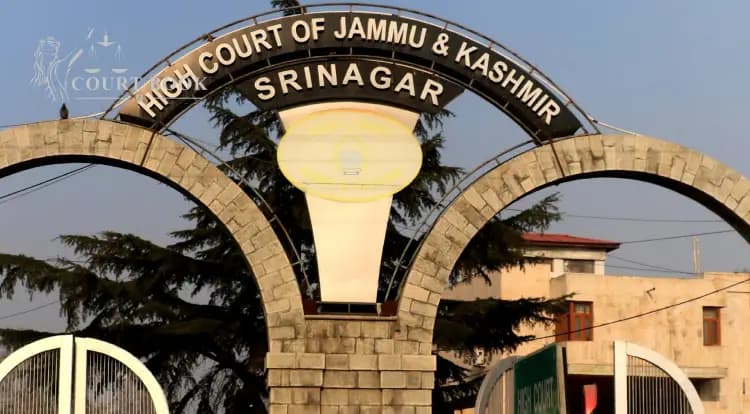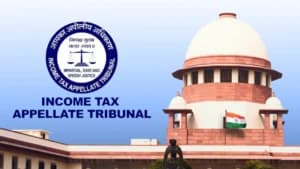The High Court of Jammu and Kashmir and Ladakh has refused to grant bail to Javaid Ahmad Bhat, a hotel owner in Srinagar, who has been accused of giving shelter and support to two foreign terrorists.
- Javaid Ahmad Bhat allegedly housed the terrorists first in his hotel and later at his residence.
- He is also accused of arranging SIM cards for them, helping in their unlawful operations.
The bench of Chief Justice Tashi Rabstan and Justice M.A. Chowdhary reviewed the appeal filed against the Special NIA Court’s order that had earlier rejected his bail application.
“The trial court while considering the application for grant of bail and so this appellate court while hearing the appeal against the rejection of bail cannot go into the intricate questions of whether the offences are made out or not as the evidence cannot be appreciated so minutely at the stage of consideration of bail, which is expected to be considered at the trial stage.”
Background of the Case
The case is linked to an encounter that took place on April 10, 2022, in Srinagar, where security forces gunned down two foreign terrorists. The operation was conducted based on a specific input.
Investigations revealed:
- The terrorists had ties with Mubashir Hamza, a known handler from Lashkar-e-Taiba based in Pakistan.
- These individuals had stayed in Javaid Ahmad Bhat’s hotel for 12 days before moving to his home.
- They had fake Aadhaar cards and managed to avoid police detection with local help.
- They were allegedly involved in the killing of two CRPF jawans in Maisuma on April 4, 2022.
The hotelier is facing charges under the Unlawful Activities (Prevention) Act (UAPA) including:
- Section 13: Punishment for unlawful activities
- Section 18: Conspiracy
- Section 19: Harboring terrorists
- Section 39: Supporting a banned organization
The NIA Special Court had already dismissed his bail plea in December 2024, leading to this appeal before the High Court.
“Sections 18 and 19 of UAPA fall under Chapter IV and can lead to life imprisonment. Section 39 under Chapter VI carries up to 10 years. As per Section 43-D(5) of UAPA, if the court believes there are reasonable grounds that the allegations are prima facie true, bail cannot be granted.”
The court stated that:
- The chargesheet and case diary clearly showed involvement.
- Bail under such serious charges can only be considered when there is no prima facie evidence, which is not the case here.
The accused had argued that the case was based on circumstantial evidence and a self-incriminating statement taken during police custody. But the court did not accept this argument.
“The NIA Court has already framed charges, and that decision was not challenged by the accused. Hence, the trial must go on.”
Bhat’s defense had also brought up that Kaleem Zaffar, a co-accused who allegedly helped in making fake Aadhaar cards, was granted bail.
However, the court clearly stated:
“The role of Javaid Ahmad Bhat is more serious, as he directly sheltered the terrorists and provided them food, SIM cards, and logistic help with full knowledge of their identity and purpose.”
The High Court found the NIA Court's decision to be well-reasoned and correct. Given the severity of charges, threat to national security, and legal conditions under UAPA, the court concluded:
“Courts must keep in mind public safety and the nature of the crime when handling terrorism-related bail applications.”
As a result, Javaid Ahmad Bhat’s bail plea was dismissed.
Case Title: Javaid Ahmad Bhat Vs UT Of J&K















